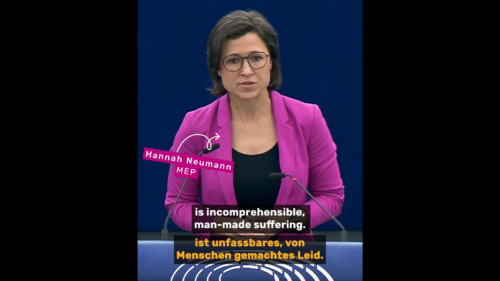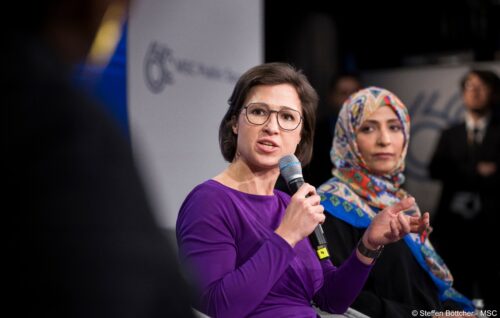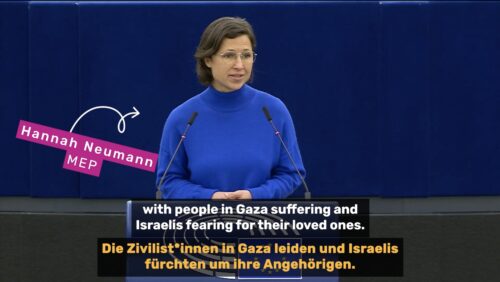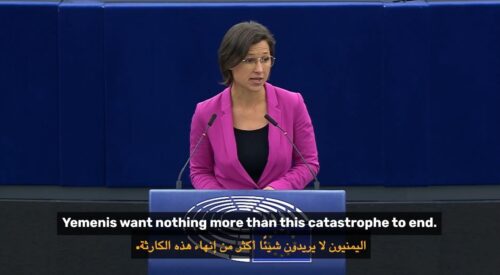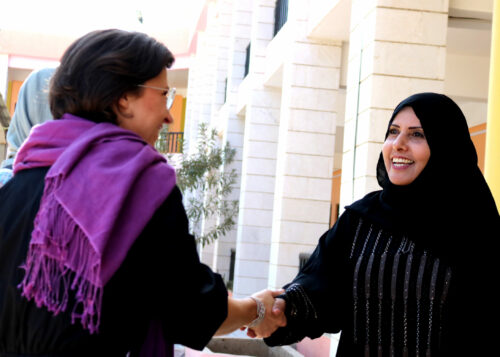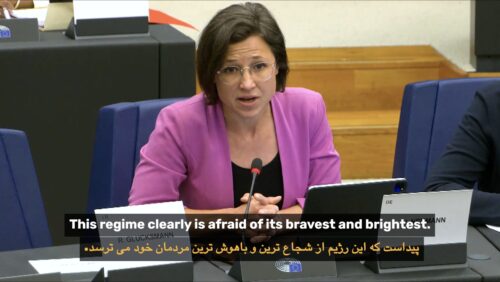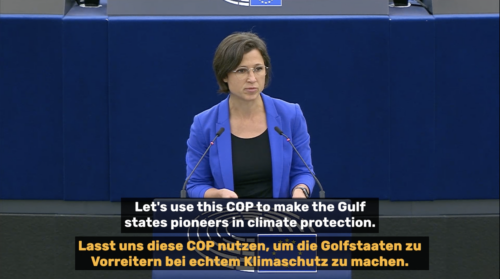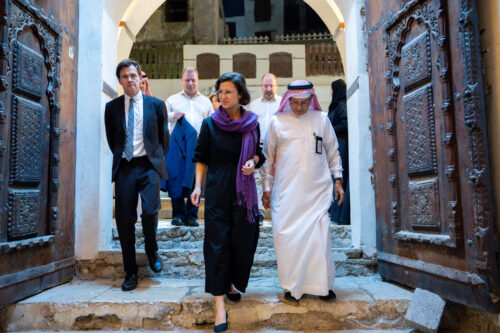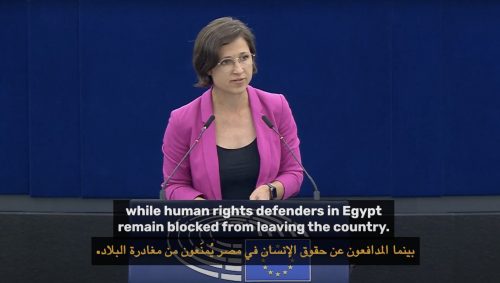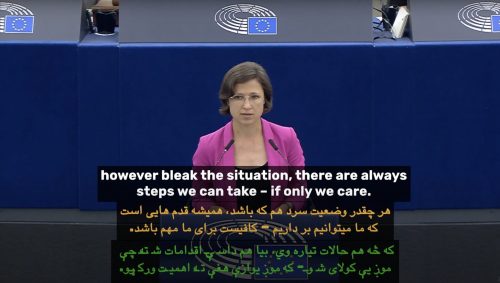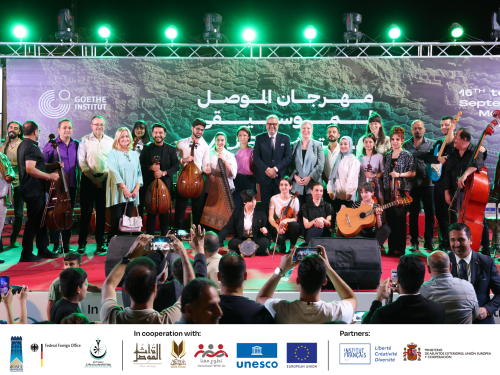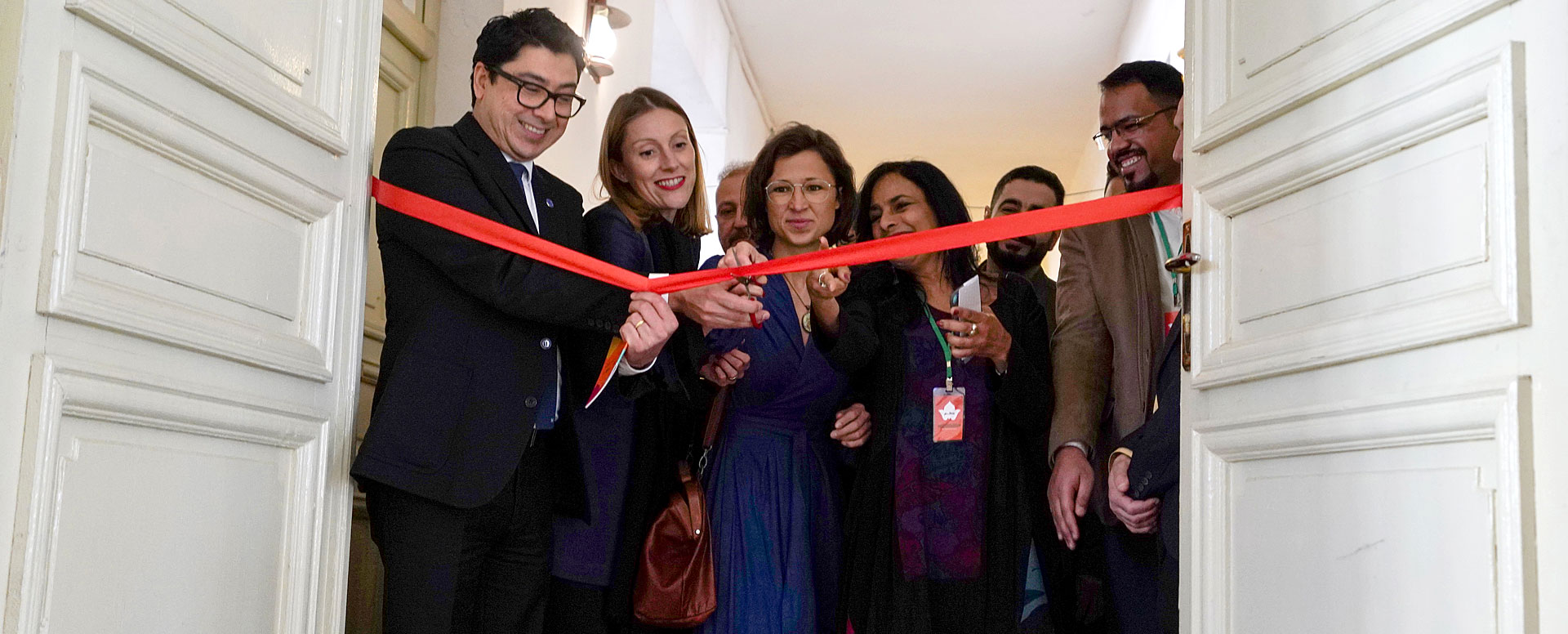
Near and Middle East
As Chair of the Delegation for Relations with the Arabian Peninsula and a close partner of women and human rights organisations in Iraq, Afghanistan or Iran, I often travel to the Near and Middle East. Talking to those in power there is often a balancing act. We need to exchange with them, for example, to organise humanitarian aid or to fight the climate crisis. But it is just as important to clearly name those who commit human rights violations, to support civil society on the ground and to show solidarity with those who stand up for democracy and human rights, even when faced with tough opposition. For me, one thing is clear: a values-driven foreign policy tries to do justice to these different goals as best as it can.
And in doing so, we must not omit another issue: Worldwide, most military equipment is exported to the Near and Middle East. If you need proof that more weapons do not lead to more peace and security, countries like Yemen, Syria or Afghanistan are the best examples. In this context, we must critically rethink our own export policy.
